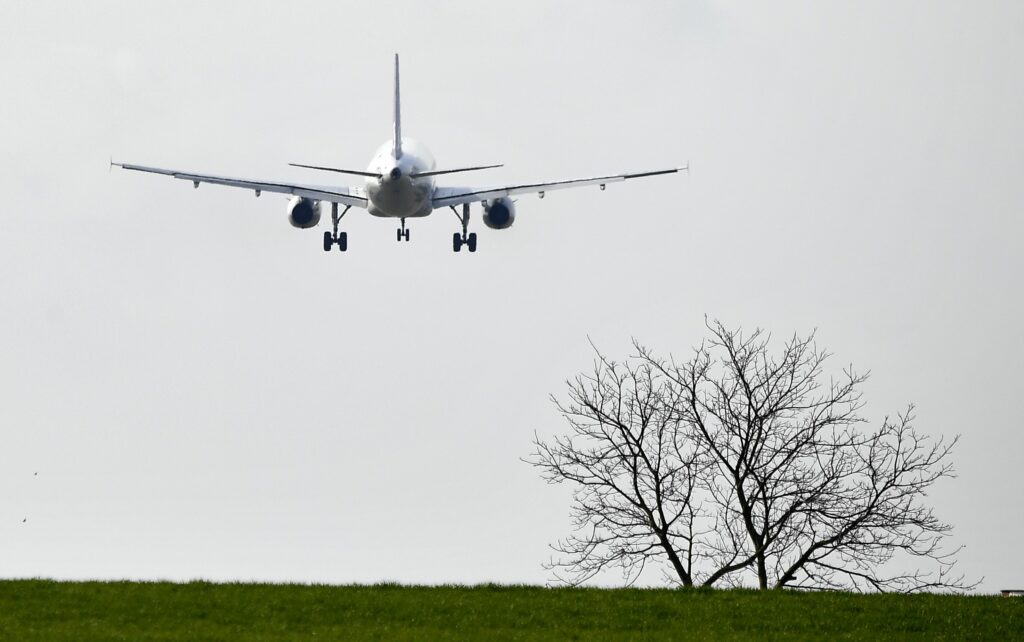Major European airlines have cast doubt on the feasibility of meeting the 2030 targets for incorporating renewable fuels (SAF) into their aircraft.
The European Union mandates that an increasing proportion of aviation fuel must come from non-fossil sources as part of its decarbonisation efforts.
Starting at 2% this year, this proportion is set to rise to 6% by 2030 and gradually increase to 70% by 2050.
However, “we do not have enough SAF, and the SAF we do have is very expensive, three to five times more than petroleum-based kerosene,” stated Luis Gallego, CEO of IAG (British Airways, Iberia), representing the Airlines for Europe (A4E) association.
A4E, which includes 17 European airline groups such as Lufthansa, Ryanair, Air France-KLM, and easyJet, held a press conference in Brussels on Thursday to urge the European Commission to support their global competitiveness.
Gallego cited a study indicating that SAF production would be 30% below the required levels by 2030.
"It is now clear that the supply of SAF will not meet the 6% target by 2030," echoed Ryanair CEO, Michael O’Leary.
"Unless immediate measures are taken" to boost production, "the only solution is to postpone the 2030 target," Gallego added.
Globally, the aviation sector, which currently accounts for around 3% of CO2 emissions, has committed to "net zero emissions" by 2050 and relies on SAF for 65% of this goal.
"I believe we are all aligned with our commitment to net zero emissions by 2050," stated Air France-KLM CEO, Benjamin Smith.
However, Lufthansa Group CEO, Carsten Spohr, noted that Airbus’s delay in its hydrogen aircraft programme and the renewed focus of some oil groups on fossil fuel production "will impact the 2050 target."
"Let’s create a more honest debate on this issue," he urged.

